News Desk
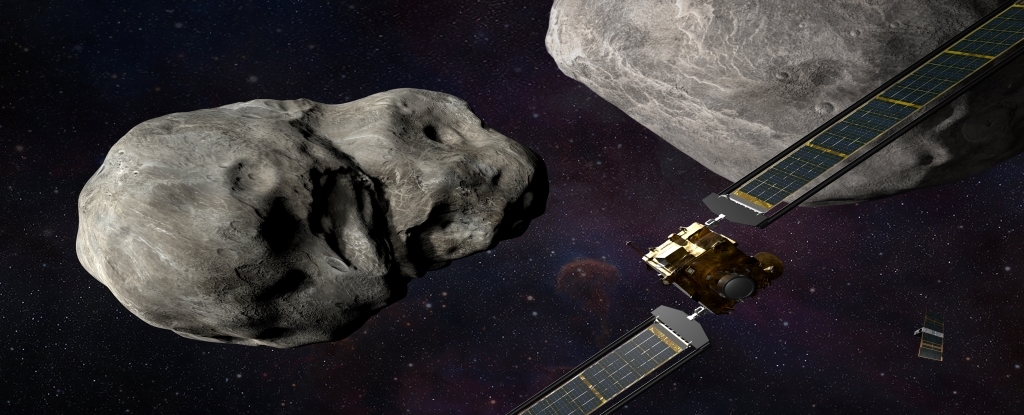
On September 26 at 11.15 pm UTC, NASA’s DART mission (Double Asteroid Redirection Test) will be the first to deliberately and measurably change the motion of a significant body in our Solar System.

It’s one of the oldest gold objects ever found in central China, as contemporary treasures tend to be crafted from bronze and jade, raising questions about possible links to other early Chinese states where gold was more common.
In a peer-reviewed essay published in the journal Anthropology of Consciousness, Devenot and her co-authors look forward to a culture that makes these medicines available in a safe and affordable way that respects the traditions behind them.
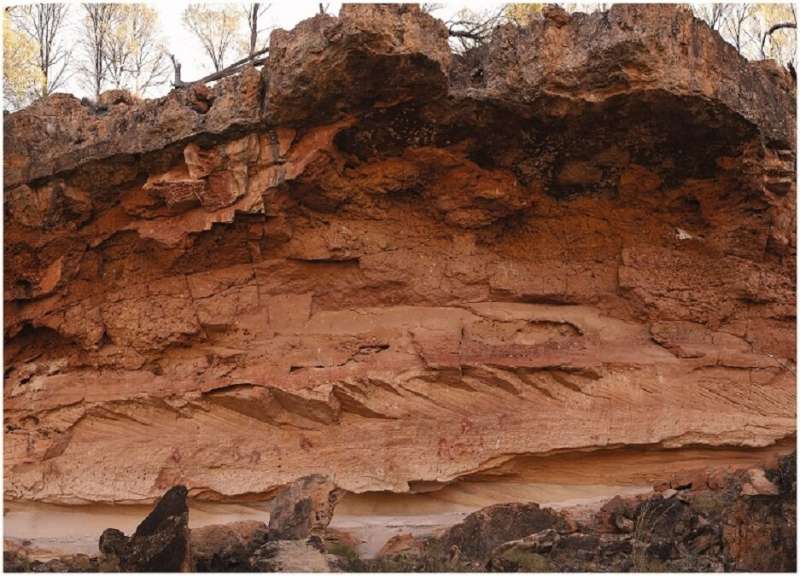
Researchers have shed light on the story behind a large sandstone rock art site in Central Queensland that features seven star-like designs, large snake-like designs, six-toed human feet and even a penis.
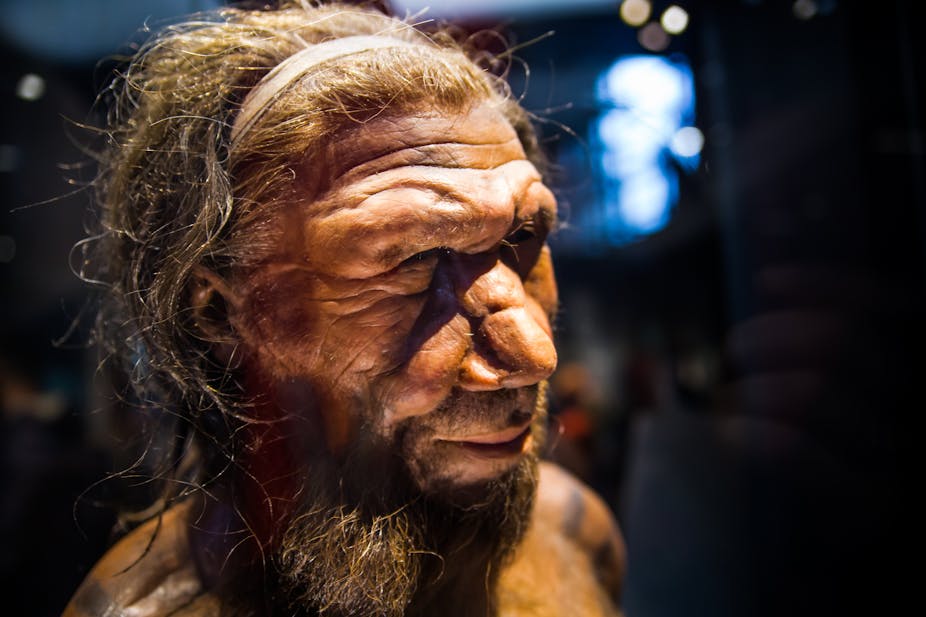
Scientific study of human evolution historically reassured us of a comforting order to things. It has painted humans as as cleverer, more intellectual and caring than our ancestral predecessors…Over the last five years discoveries have upended this unbalanced view.
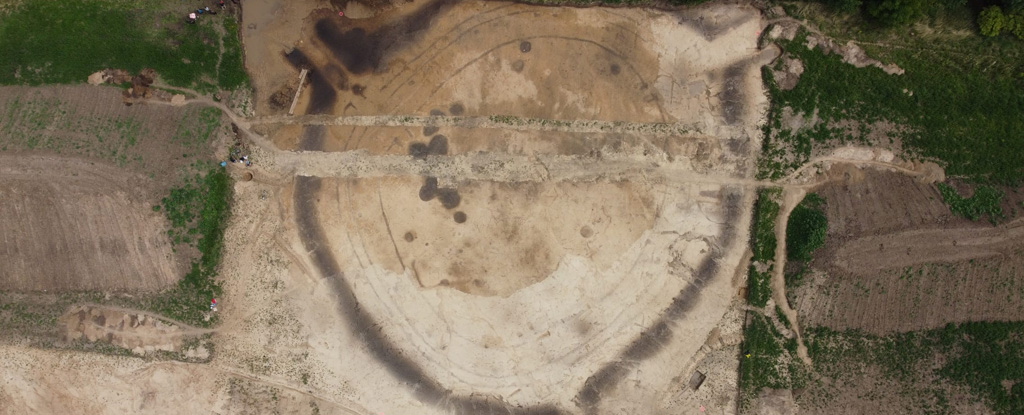
Archaeologists digging near Prague have discovered the remains of a Stone Age structure that’s older than Stonehenge and even the Egyptian pyramids: an enigmatic complex known as a roundel.
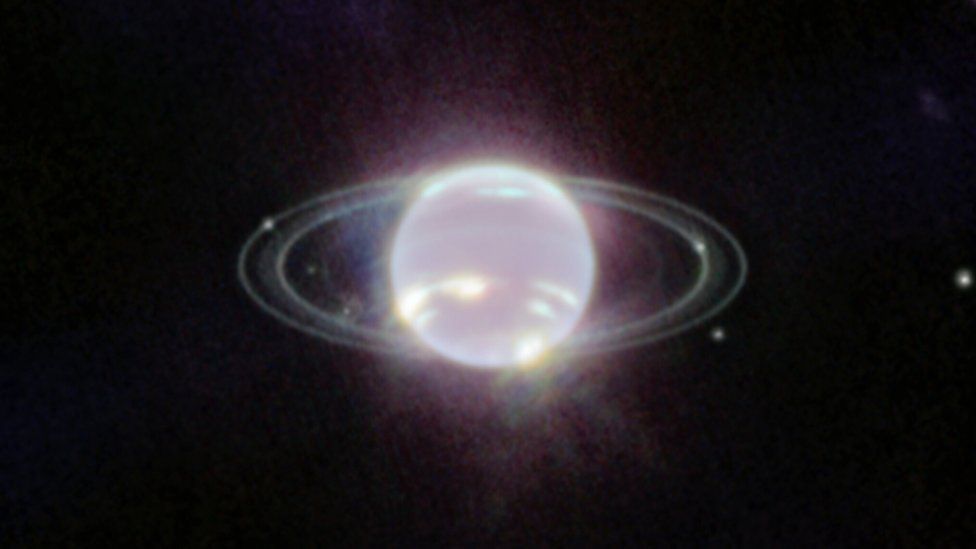
The recently launched super space telescope James Webb has returned spectacular new imagery of Neptune.

Archaeologists say find supports theory that drug was used in burial rituals, possibly to ‘enter ecstatic state’
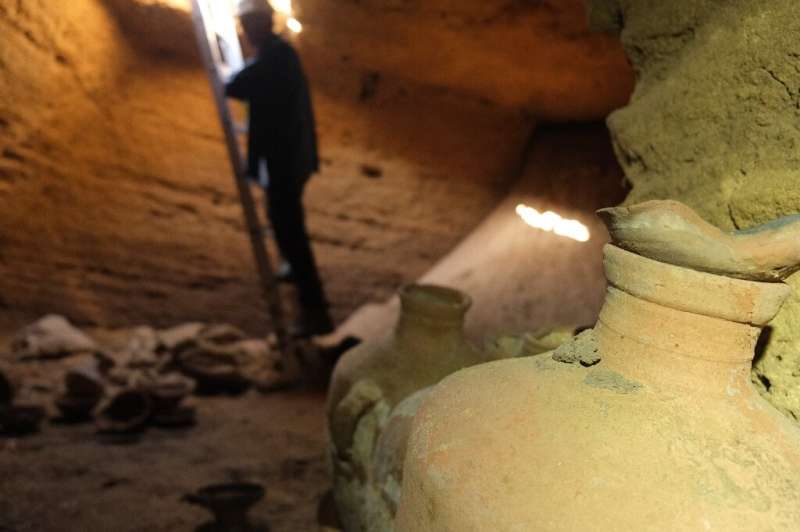
Israeli archaeologists on Sunday announced the “once-in-a-lifetime” discovery of a burial cave from the time of ancient Egyptian Pharaoh Rameses II, filled with dozens of pottery pieces and bronze artifacts.
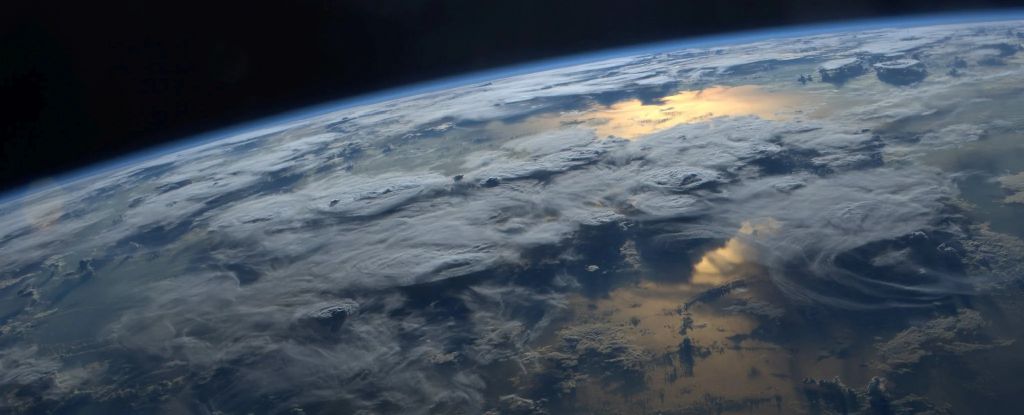
A new examination of some of the oldest rocks in the world suggests that the first continents on Earth were unstable, and sank back into the mantle before making their way out again and reforming.

New techniques allowed researchers to analyze ancient DNA for the first time. The data they unearthed helps describe the genomic history of the area and reveals population movements from as far back as 10,000 years ago. It contains some big surprises regarding theories for the origin of languages.
Our eight-legged friends can teach us something important about ourselves.
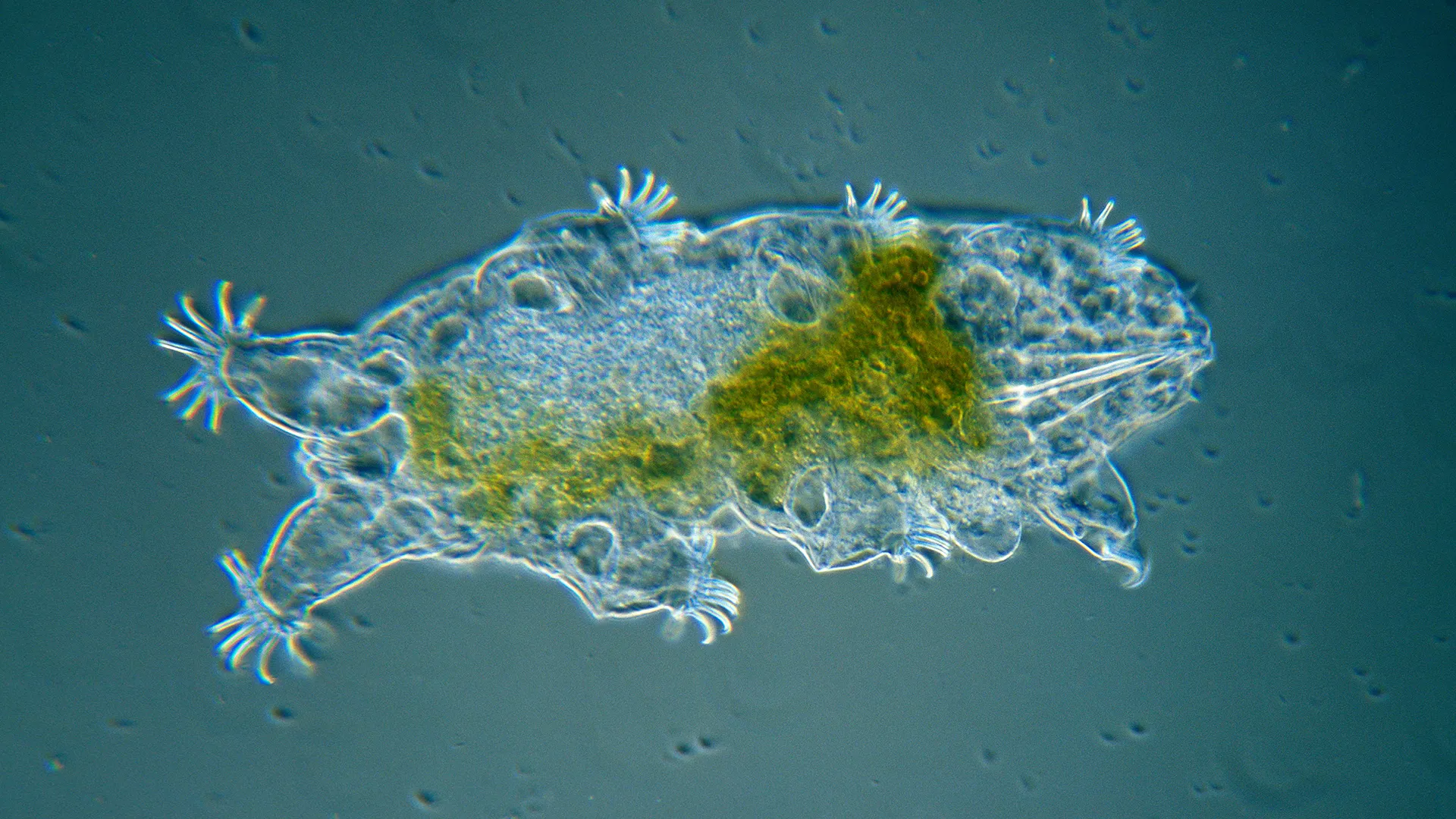
Tiny tardigrades can survive conditions that would kill most other forms of life. By expelling their body’s water and transforming into a seemingly lifeless ball called a tun, they enter a state of dried-up suspended animation in which they can survive for decades without food and water and withstand extreme temperatures, pressures and even the vacuum of space.

Swirling around the planet’s equator, the rings of Saturn are a dead giveaway that the planet is spinning at a tilt.
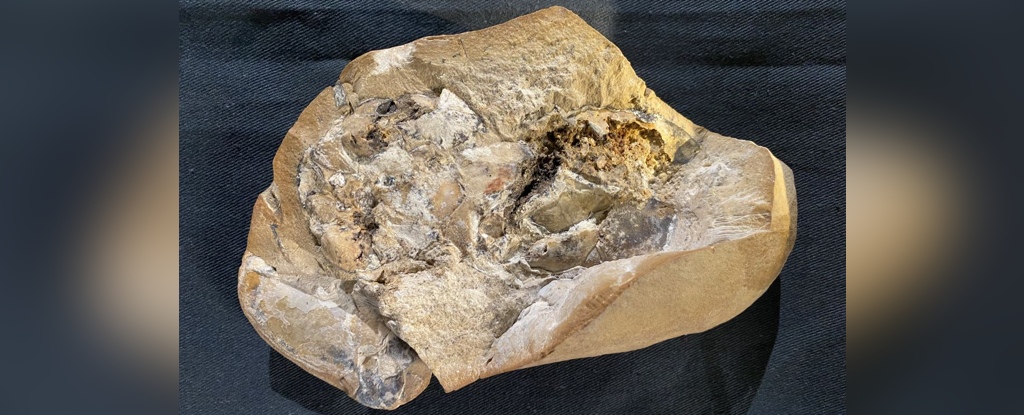
An ancient fossil from one of our planet’s earliest vertebrate organisms was found concealing an exciting surprise.
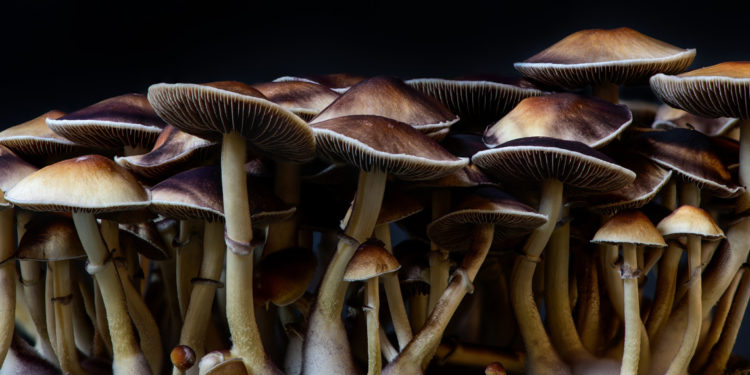
Recent studies have provided initial evidence that psilocybin-assisted therapy might be effective in the treatment of addiction, leading the scientists behind the new research to wonder whether it could also help those who are struggling to control food cravings.








